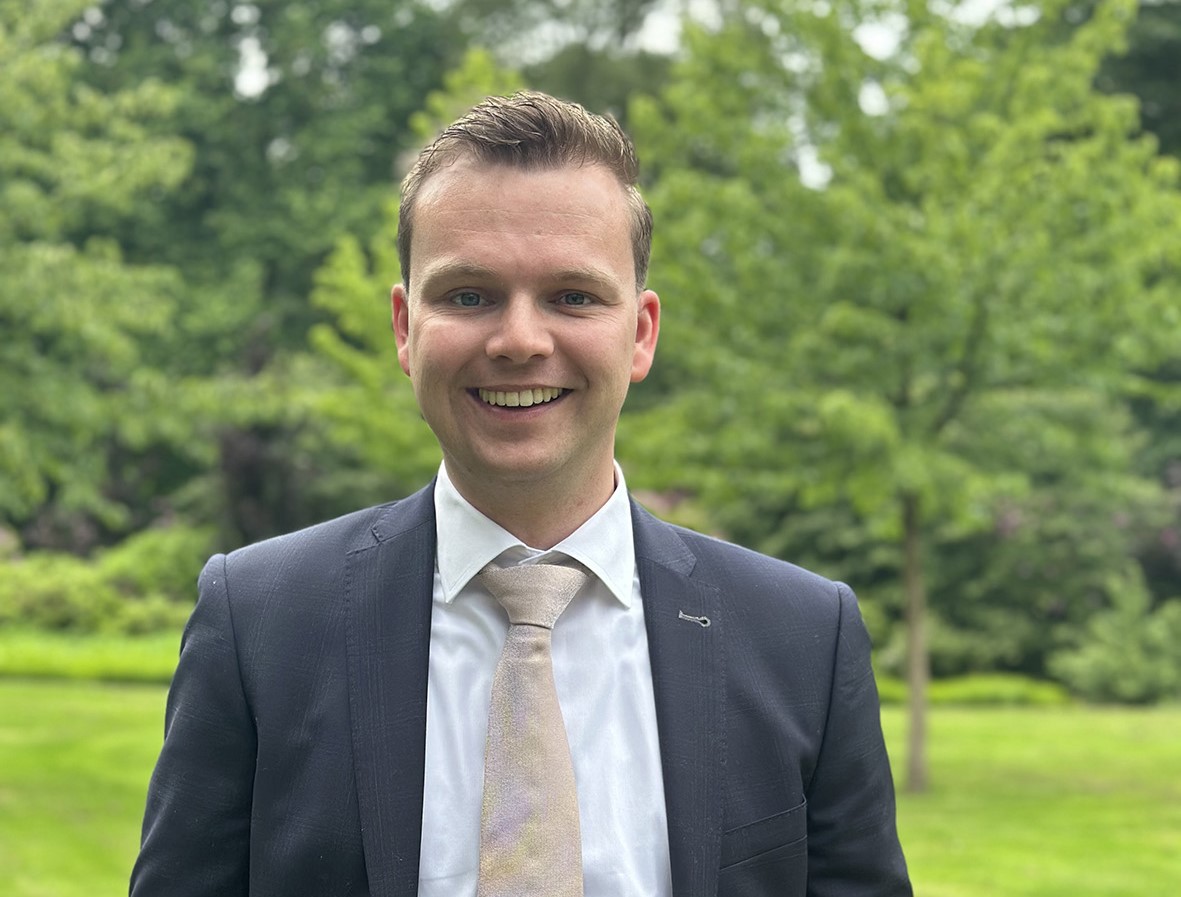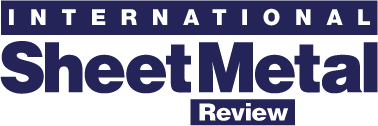
Meeting market challenges
Submitted by:
Sara Waddington
ISMR sat down with Voortman’s Head of Commerce, Rutger Voortman, to discover how Voortman’s philosophy, investments and scope of operations have evolved to fit changing market and customer requirements.
For over 50 years, Voortman Steel Machinery has been a leading manufacturer of CNC steel processing machinery and software solutions. It creates high-end steel processing machines with integrated business software and local service that automates and optimises production processes. With a wide range of products for beam, plate and pipe processing, as well as automated welding, Voortman has installed numerous systems worldwide through a network of international subsidiaries.
Machine operations include drilling; welding; sawing; cutting; marking and milling. The company has grown significantly in recent years to around 700 employees worldwide and invested in its business, establishing new bases in Germany and France. To offer employees an inspiring working environment and receive visitors properly, the Dutch machine builder recently created an ultra-modern campus in Rijssen, The Netherlands. In addition to the long- established Voortman Experience Centre, a new Voortman Engineering Centre was opened last year.
Innovate to accumulate
Voortman focuses on six key market sectors for its machinery, software and services. These are steel/metal fabrication; plate processing; steel distribution; machinery and equipment; offshore/energy and process equipment.
Forging strong relationships with customers has always been a key focus for the company.
“We identify common customer needs and invest and develop in a targeted way to fulfil as many of those needs as possible,” Rutger Voortman told ISMR. “In doing so, we aim for the long term. For example, where is the market going? Are bolted structures becoming increasingly important with an eye on circularity and sustainability? We translate these findings into business cases, which we then develop.”
In the steel/metal fabrication industry, finding skilled labour is increasingly challenging. Therefore, to remain competitive and ensure long-term success, it is crucial to prioritise automation, maximize output and maintain flexibility. Rutger Voortman highlighted automation as one of the common needs in European markets and “the need to be independent of people’s knowledge and skills.”
“We want to minimise any operation where human interaction is required. That means high levels of automation in steel processing. We have invested very heavily in that philosophy,” he explained.
“In the steel fabrication market, it is all about costs and being in control of your margin and your entire production process in an environment of labour shortages. So, we help our customers by offering a high-output, optimal production process with embedded control software that can help them to predict their costs and increase their productivity,” he elaborated. In today’s rapidly evolving plate processing market, positioning as a comprehensive one-stop shop for customers has become more important than ever.
The offshore and energy market has been a growing market for the company. Its customers are processing more high-strength steels, thicker materials and larger pipe sizes. For pressure vessel manufacturing and piping, manufacturers are primarily concerned about the quality of welding and cutting operations. Voortman’s solutions for these industries include profile, pipe and plate processing systems as well as automated welding, supported by software.
“Our philosophy is to do as much as we can in-house i.e. R&D; design; production; software; installation and servicing. Our vision is to deliver software, machine and service solutions to customers worldwide,” explained Rutger Voortman.
Widening its scope
The Dutch machine builder is going through a transition, focusing not only on its machines but also on the development of its own software and the continuous expansion of its service activities.
“We aim to ensure that our customers’ machines are performing at their maximum throughout their lifecycle and processes are automated. We know the different markets that we serve, understand our customers’ needs and can respond to them in a targeted way. Our focus is on developing and building fast, sturdy and stable machines,” said Rutger Voortman.
“However, that is no longer enough. We couple that with software and service to serve our customers throughout the lifecycle of the machines. For example, the facilitation of CAD/nesting software, which greatly relieves work preparation, is already linked to our machines. We have also developed EVI, our own dashboarding software, to closely track the performance of our machines,” he continued.
But that is just the beginning, Rutger Voortman told ISMR. The company is working with around 75 developers in England to further expand its control software and develop process software specifically for the industries that it serves under the name ‘DIGI-STEEL’.
In the last few years, Voortman has also made significant investments in customer support by setting up local service hubs. It has been hiring service technicians around the world to respond quickly to any customer queries.
“There are many facets of the services that we offer to customers. This includes, for example, supporting the customers in maintenance and repair on machines. We offer service from local service hubs so that we can reach our customers quickly and minimize downtime on machines. But our service also extends to parameter development and tooling sales, including through web shops. Service is a high priority for us,” highlighted Rutger Voortman.
Accessing new markets
Voortman’s three strategic pillars are automation, output optimisation and customer service. It is important to Voortman to offer customers a complete portfolio of products. This is one of the reasons that it acquired Müller Opladen, a German manufacturer of pipe processing machines, in early 2023. This expanded Voortman’s product portfolio to include pipe cutting machines for steel pipes, pressure vessels and offshore jackets.
Voortman also acquired Müller Opladen to widen its technology portfolio and access new markets.
To read the rest of this article in the October 2024 issue of ISMR, please see https://joom.ag/LHud/p58
